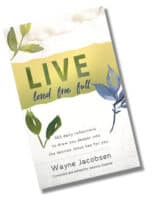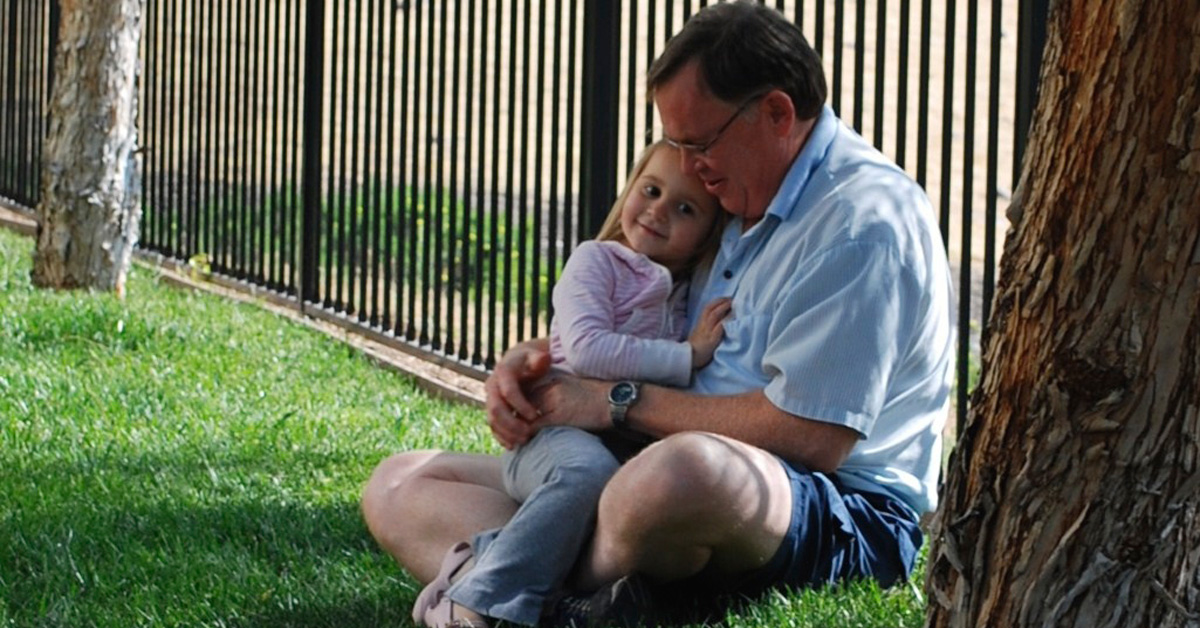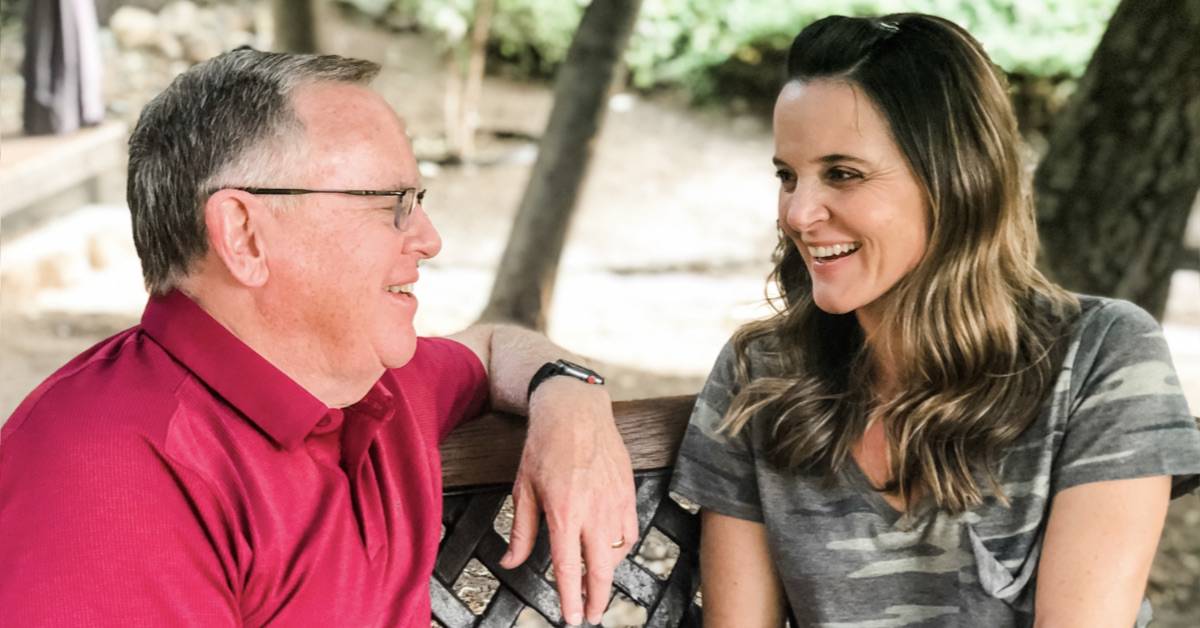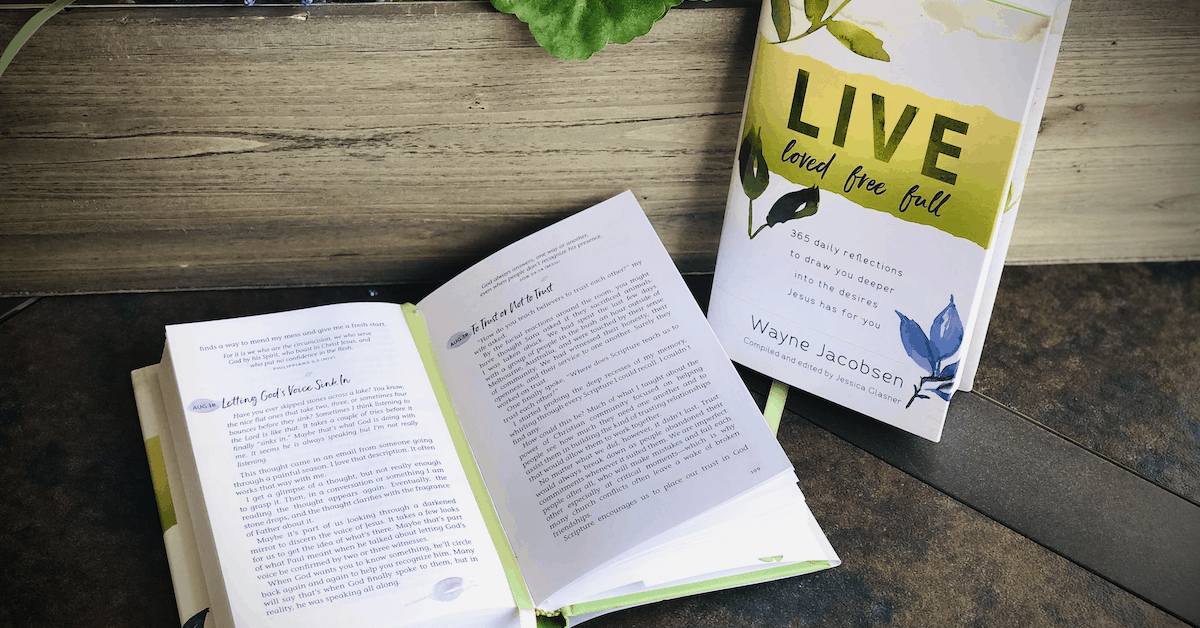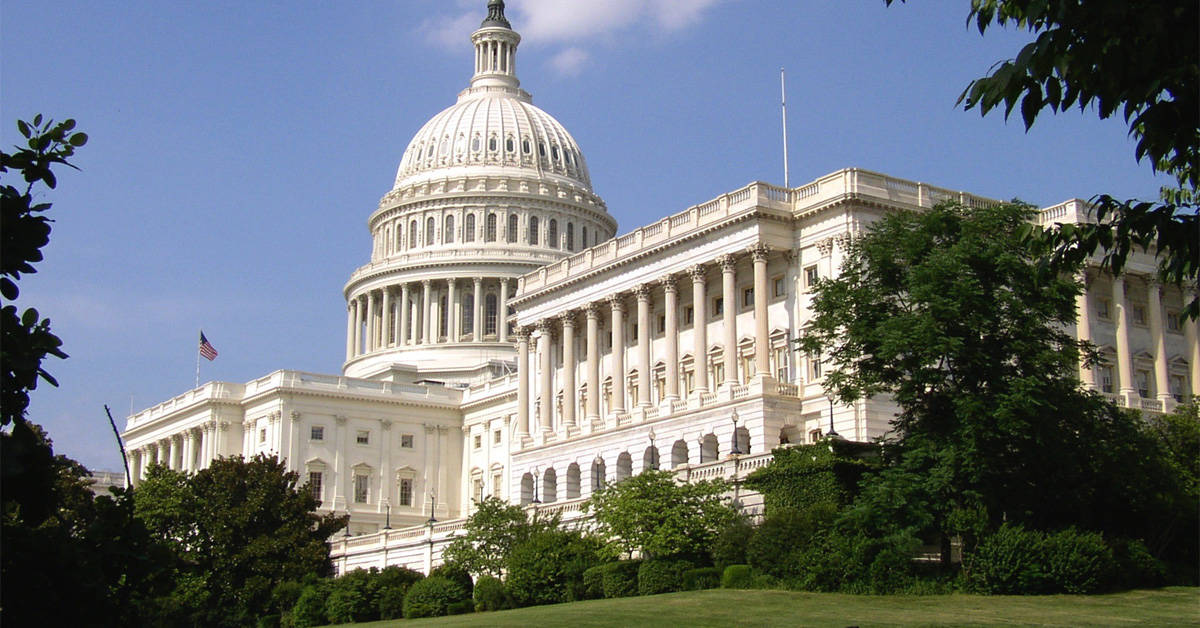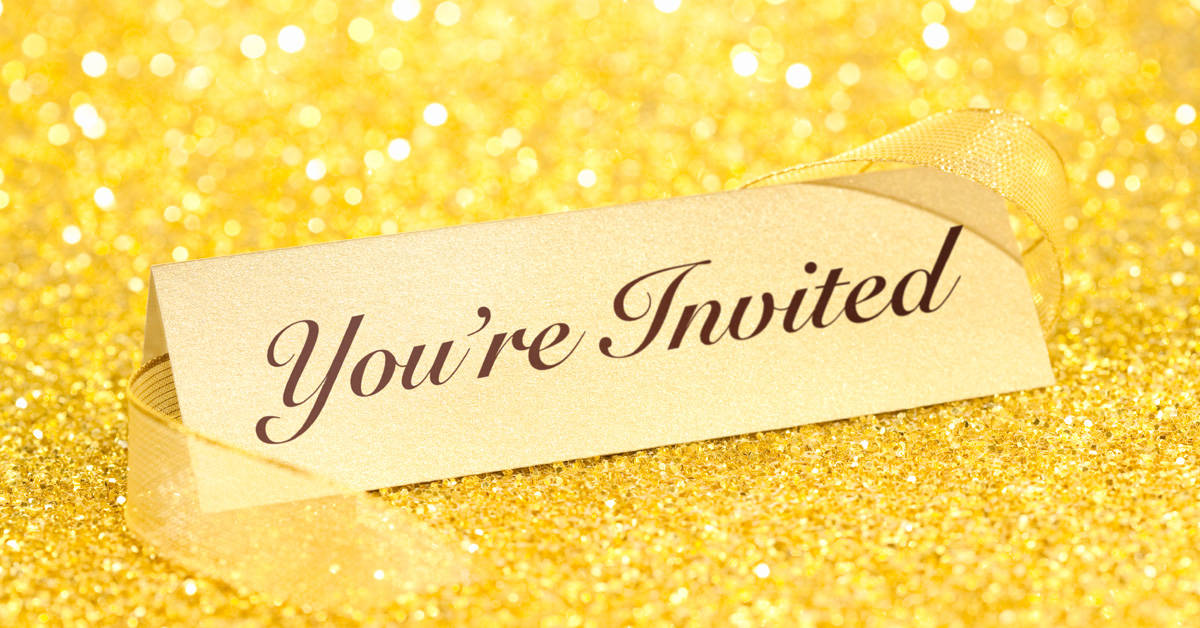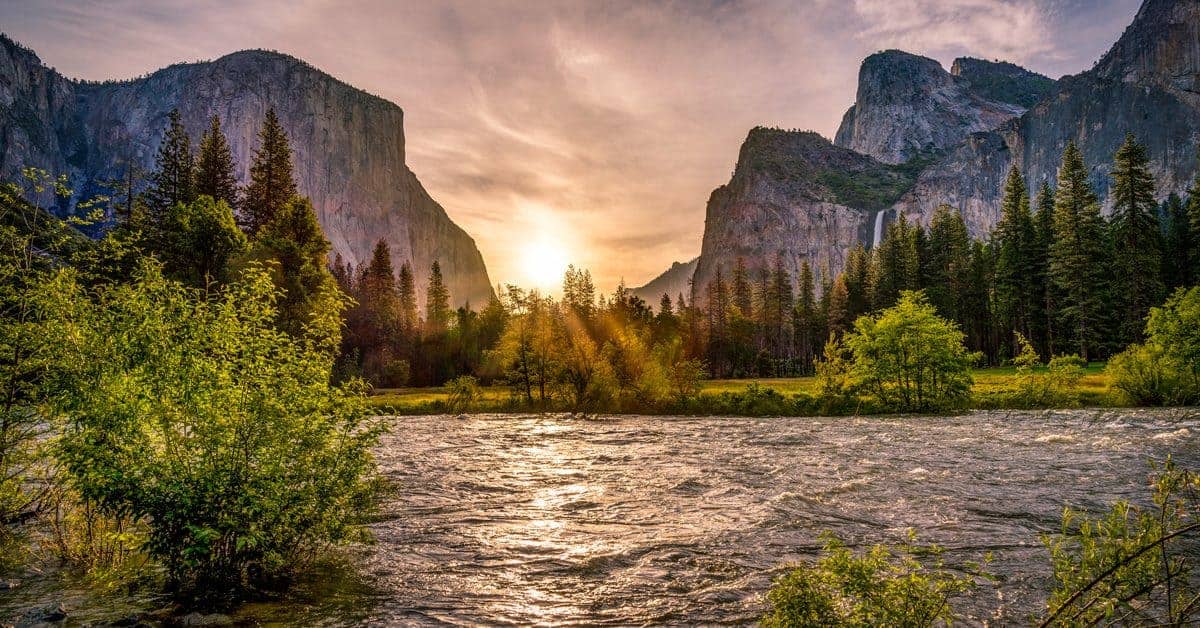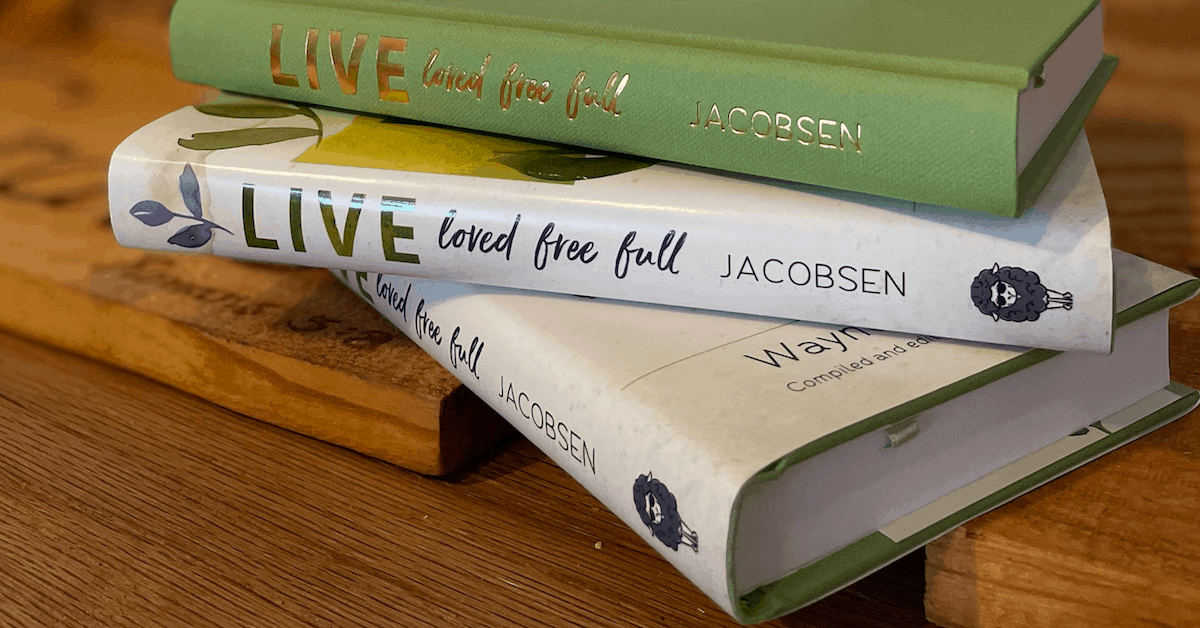No one wants to live inside of lies. All of us are doing the best we can with what we believe is true. But what if the light we think we have is actually darkness. Jesus warned us that when you treat the darkness in you as if it is light, that darkness will overwhelm you. (Matthew 6:23)
I’ve lived most of my life deluded. First, by the lies of sin that promised a fulfillment it couldn’t bring, then by false religious teaching that God needed me to perform well to earn his love and blessing. It’s only in the last twenty-five years that I’ve watched God slowly help me recognize the difference between what is true inside of him and what is not true inside myself. It has been an amazing journey and it’s still ongoing. I continue to wake up to the increasing light in my journey and continue to shed the lies that have sought to control me.
Over the last few years, I’ve watched many people I know sink into darkness, genuinely believing the lies of politicians, alleged dreams and visions of religious leaders who don’t know my Father’s heart, and Internet posts from Russian troll farms and QAnon. I am convinced that a great delusion has gone into the world to disempower God’s people. These are people I love, and to watch them manipulated by a clever deception that appeals to their fears and hopes makes my heart hurt.
I know how easy it is to misinterpret the times especially when we feel afraid and vulnerable. It isn’t easy to watch your culture move away from the moral underpinnings you prefer or to feel despised, ignored, and belittled by the national media or called “deplorables” by leftist politicians. It makes it easy to gravitate toward those who offer easy answers and not realize that the freedom we cherish cannot come at the expense of oppressing others we don’t like.
Of course, I know many think I’m the one who is deluded. All you have to do is look at the comments many made to my Facebook post in the aftermath of the insurrection at the Capitol last week, and how President Trump’s refusal to accept the results of the election have triggered the fears and anger of many people. I was accused of all sorts of things, told I was deceived, and even had my faith questioned. Don’t feel badly for me. People’s attempts to shame or manipulate me don’t have a place to land in me anymore. I am more concerned for the pain that causes them to lash out so carelessly.
I listen carefully, because I don’t consider myself above a few well-placed delusions myself. That’s why I’m in constant conversations with people locally and around the world about these things to check my thoughts as to whether they are flowing from Jesus’ heart or my own thoughts. And, if it turns out I’m wrong about any of this, I’ll get to admit it, to apologize, and change accordingly.
We all have to live by the light we have, but we also need to ensure that the light we think we have is light. There are extremist groups right and left that want to use the polarization in our culture to tear us apart, but I thought almost all of my evangelical friends would think an armed assault on the Capitol was a bridge too far. Apparently, for many it wasn’t. Neither is it enough to know that those who claimed God told them through dreams, prophecies, or a voice that President Trump would win a second term were prophesying their own hopes, not God’s.
I’m not writing this article for those of you who have yet to see through this delusion. Time will tell, you know. It always does. Lies never stand up to reality, but that may take awhile to sort out. I’m writing this for people who are questioning their own conclusions and wondering what God sees in all of this. How can we know when events unfold if we’re being lured into a delusion or finding a way into the truth?
This is why character is so important to me. When I gauge another person’s perspective, I take stock of the fruit of their life. I tend to distrust the voices of fearful, angry people, who mock and make accusations when people disagree with them. I look for those who demonstrate a passion for what’s true, humility in their own exploration of it, and generosity toward others with whom they disagree. They take the search for truth seriously, but hold it lightly realizing no one has a corner on it, especially them. They live confidently inside what they know, but are always open to new evidence that might change their perception of truth
Over a lifetime of wrestling with truth in my own heart and decades of helping others heal from involvement in religious cults, political manipulations, and toxic relationships, I have observed these seven characteristics in people who are unknowingly living under delusion:
First, they see their side as all good, and other side as all evil.
They don’t realize that humanity is a mix both of the honorable and dishonorable and that is reflected in each of us as well. I liked many of the policies President Trump put in place but at the same time I was dismayed at his arrogance and toxicity in working with others, even on his own staff. In my Facebook comment section last week, you’ll see people say that those in the Capitol were from Antifa, that their side wouldn’t do that. When those arrested all turned out to be Trump supporters, then the story shifted to that’s how frustrated the other side has made us. We’re all a mix. Some of our intentions are good and some are selfish and we’re not always the best ones to sort that out, but sort it out we must.
Second, someone expressing disagreement makes them visibly angry.
I think this is true because intuitively they know they are caught in something that isn’t quite true, so feeling threatened makes them angry. They lash out with false accusations and attempts to shame others as a way to bolster their confidence. If they were truly confident, however, they wouldn’t resort to such things. Disagreement never puts someone beyond the reach of love and kindness unless you’re insecure.
Third, they refuse to consider that they might be wrong.
Honest questions threaten the false comfort they have built for themselves. It’s like the young girl who falls in love with her dreamy boyfriend. She thinks he can do no wrong. And even after he hits her, or cheats on her, she will blame herself for ticking off the dreamy boyfriend, rather than reconsider whether her knight on a white horse may not be such a knight after all. If you’re growing, you are always wondering where you might be wrong and learning what you can to bring your life more in line with his.
Fourth, they eliminate conflicting inputs.
All cults isolate people from family and friends and other groups because they know the delusion is so fragile it won’t stand up to real life. They can’t be around people who question them and must get their version of “accurate” information from approved sources. This is why both right and left advocates have ended up in separate media silos. They can only read what affirms their bias. Truth is not that fragile. Growth-minded people question their conclusions every day as they pick up new information and grow inside the truth God is giving to them over a lifetime.
Fifth, they believe in the infallibility of their leader or their own thinking.
They embrace every word from their pastor, author, political leader, or guru not realizing that we are all flawed. No one speaks with absolute truth, even if they quote a Scripture or cite a dream as proof. If you give the aura of infallibility to anyone, you are only hiding from your own need of discernment.
Sixth, they cast aspersions on people’s faith or motives that won’t agree with them.
This is truly a defensive position. When they can no longer answer your questions, they will attack you or question your relationship with God. Assuming you know someone else’s motives is particularly heinous since no one can disprove their motives. They can’t keep the conversation about ideas because they are afraid their arguments will not hold up.
Seventh, they justify their bad behavior by pointing out how bad their opponents are.
No, President Trump has not been fairly treated by Democratic leadership but for the most part he has played into their hands as well. I get this from a political standpoint, but for those of us who claim to be ambassadors of a different kingdom, we can’t take our cues from the worst examples among us. Just because I’m unfairly treated does not give me the right to do the same to others. Jesus called us to love in the face of attack, to lay down our lives for the good of the other, not to demand our own way.
If you want to know the truth about these things, you will. God’s Spirit is faithful to reveal it to those looking for it. The last word on all this has not yet been written. Something of God is afoot in all of this inviting the tenderhearted out of the delusions that have disfigured them. It may hurt a bit when that happens, but the fruit of living in God’s reality is worth whatever cost it takes to get there. I pray all of us will have eyes to see and ears to hear what he is saying in all of this.
